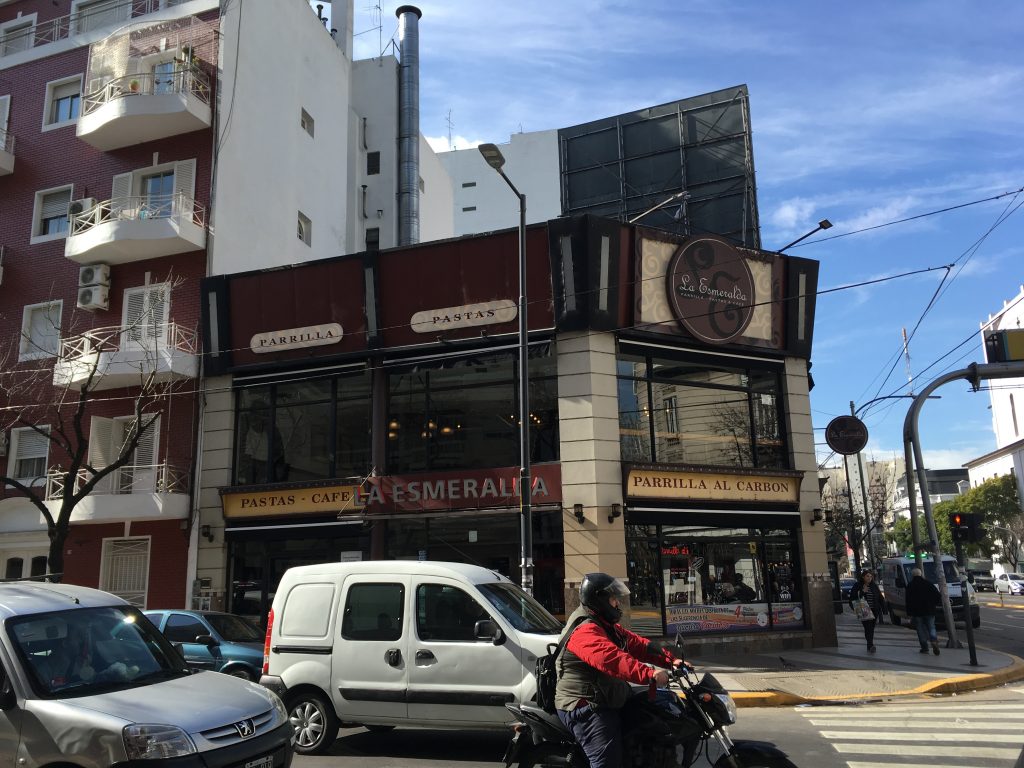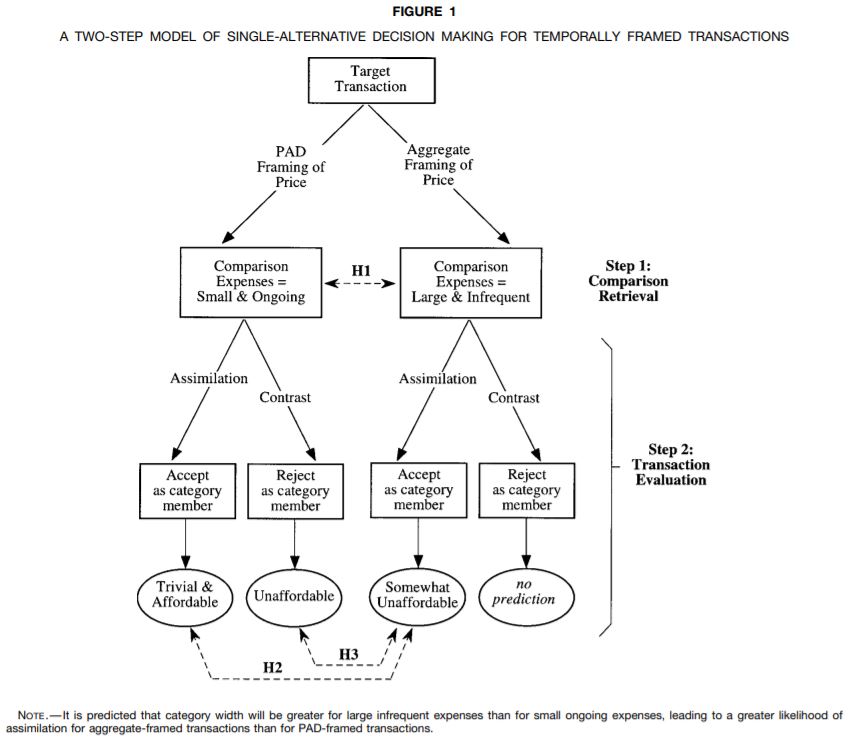When I had a lunch at Buenos Aires, Argentina, I ordered four bottles of Coca Cola. Interestingly, bottle sizes differed and the amount of soda in each bottle looked different. I simply thought this was due to the Quality Control failure of the Coca Cola in Argentina.


After coming back from Buenos Aires to Seoul, I met an interesting case about Corona Beer. When this competitive Mexican beer was initially introduced to US in 1980s, American beer companies were concerned about the disruptive competitor. Budweiser soon noticed that, however, the amount of beer differed across bottles. Corona claimed that this reflected the Mexican spirit of leisure. Similar to what Corona did, Coca Cola may want to express its Argentinian spirit of leisure.
One of the most well-known reframing strategies in marketing is PAD (Pennies-a-day) strategy, the temporal reframing of a transaction from an aggregate expense to a series of small daily or ongoing expenses. According to Gourville (1998), it fosters the retrieval and consideration of small ongoing expenses as the standard of comparison, whereas an aggregate framing of that same transaction is shown to foster the retrieval and consideration of large infrequent expenses. This difference in retrieval influences subsequent transaction evaluation and compliance.
**
Reference
Gourville, J. T. (1998). Pennies-a-day: The effect of temporal reframing on transaction evaluation. Journal of Consumer Research, 24(4), 395-408.
To increase transaction compliance, marketers sometimes temporally reframe the cost of a product from an aggregate one-time expense to a series of small ongoing expenses, often in spite of the fact that the physical payments remain aggregated. This temporal reframing is identified in this article as the “pennies-a-day” (PAD) strategy. A two-step consumer decision-making process of (1) comparison retrieval and (2) transaction evaluation is posited to explain the effectiveness of this strategy. In a series of laboratory studies, general support for PAD effectiveness across a range of product categories and specific support for the proposed two-step model was found. The PAD framing of a target transaction is shown to systematically foster the retrieval and consideration of small ongoing expenses as the standard of comparison, whereas an aggregate framing of that same transaction is shown to foster the retrieval and consideration of large infrequent expenses. This difference in retrieval is shown to significantly influence subsequent transaction evaluation and compliance.


